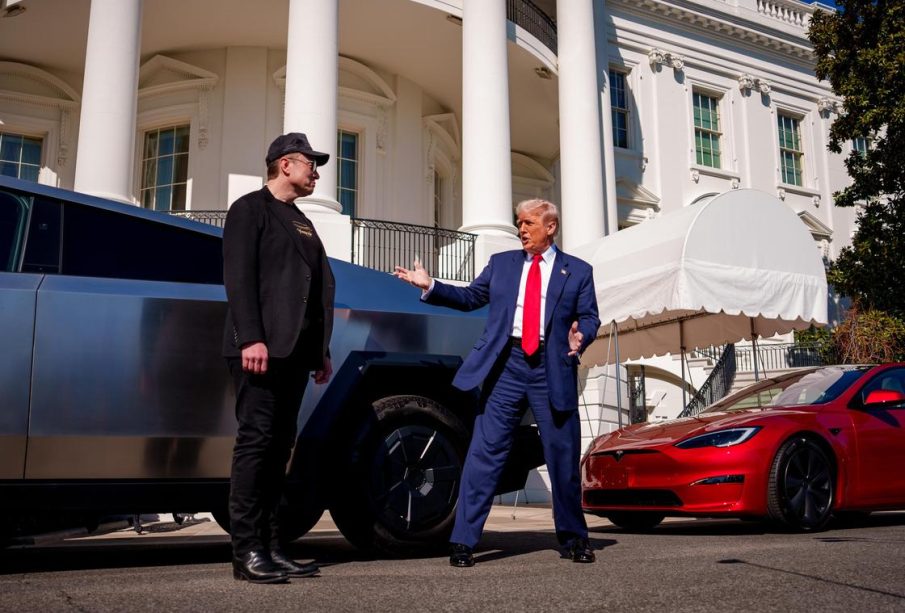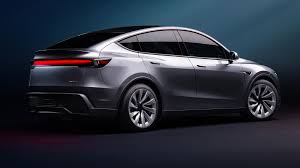Analyzing Trump’s Influence on Tesla’s Growth

The Intersection of Politics and Business
The complex interplay between political figures and corporate giants often shapes the landscape of the business environment. One of the most notable cases in recent years has been the relationship between former U.S. President Donald Trump and electric vehicle manufacturer Tesla. The influence of Trump on Tesla’s strategies, market perception, and overall growth is significant and worthy of examination, especially as the electrification of the automotive industry accelerates.
Trump’s Presidency and Tesla
During Trump’s presidency, Tesla emerged as a leading player in the booming electric vehicle (EV) market. Despite initially criticizing Tesla’s CEO, Elon Musk, for his approach to the automotive industry, Trump’s administration was marked by both support and contention for electric vehicles. In 2017, the Trump administration focused on rolling back various regulations aimed at promoting clean energy and electric vehicles, leading to uncertainty in the EV sector. However, it was during this time that Tesla experienced rapid growth, driven by the increasing demand for electric cars and Musk’s vision for a sustainable energy future.
Trade Policies and Tesla’s Manufacturing Strategy
Trump’s trade policies also had an impact on Tesla’s operations. The tariffs imposed on Chinese goods influenced Tesla’s supply chain, forcing the company to adapt its manufacturing strategy. In response to tariffs on imported parts, Tesla accelerated its plans to establish Gigafactory Shanghai, which allowed the company to streamline production and avoid the financial burdens of tariffs. This strategic decision not only helped Tesla maintain its competitive edge but also positioned it favorably within the rapidly growing Chinese EV market.
Trump’s Post-Presidency Comments and Market Reactions
Since leaving office, Trump has continued to be a polarizing figure. In recent events, he has made comments regarding Tesla and Elon Musk, often reflecting his views on clean energy and government regulations. These comments have resulted in mixed reactions from investors and the market. While some support Trump’s push for a balanced energy policy, others express concern that his return to politics could once again add volatility to the EV market.
Conclusion
As Tesla navigates the evolving landscape of the automotive industry, the implications of Trump’s policies and public remarks will likely continue to resonate. The delicate balance between political undercurrents and business strategies illustrates how intertwined the relationship is between influential leaders and innovators like Musk. Moving forward, stakeholders should remain vigilant about how future political events may impact Tesla’s growth trajectory and the broader electric vehicle market. Understanding this interaction between Trump and Tesla is essential for investors and enthusiasts alike, as it could significantly shape the future of the automotive industry.









